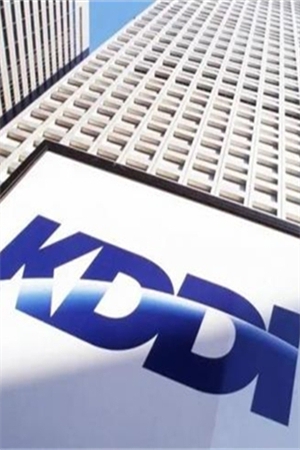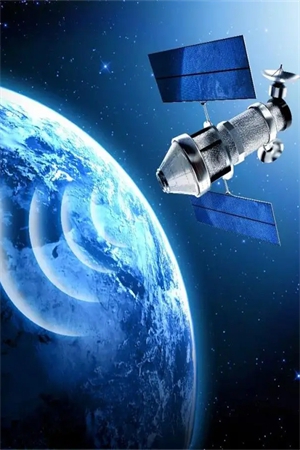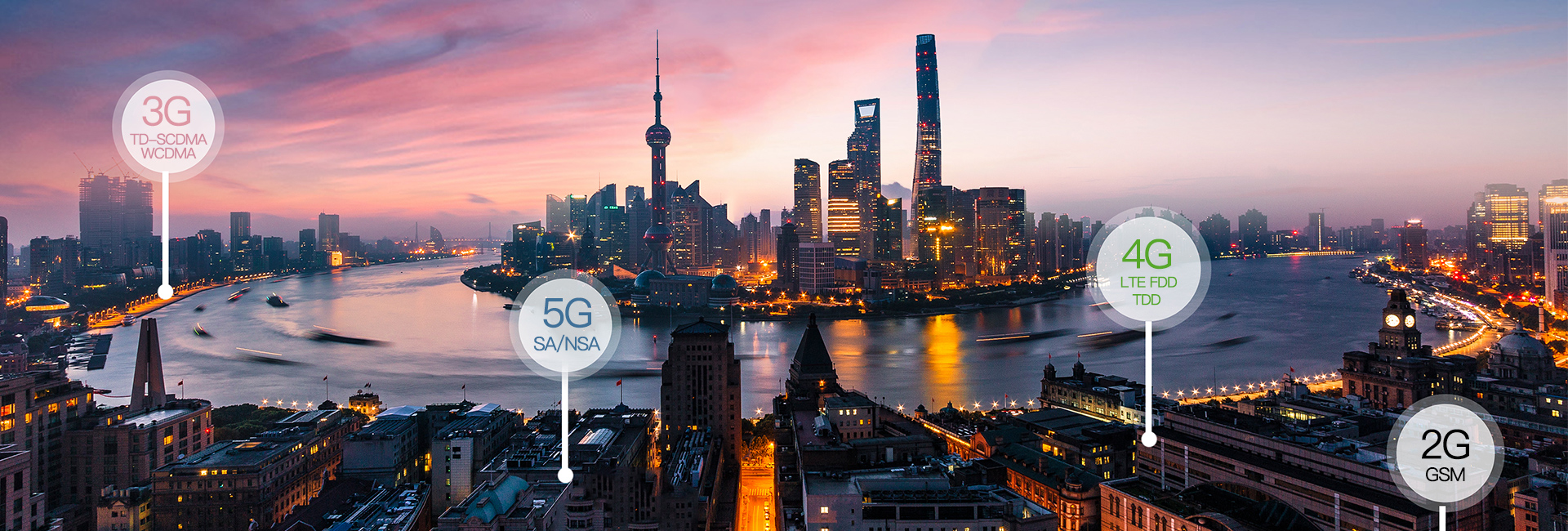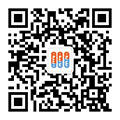Four kinds of technical FAQ about operator AT&T Certification
As the largest operator in North America, AT&T, the number of users and mobile network coverage are far ahead. AT&T is also a multinational telecommunications company in the United States, as well as the largest fixed-line telephone service provider and the largest mobile phone service provider in the United States. Broadband and pay TV services are also available.
There are four national mobile operators in the United States, AT&T and Verizon are the two giants, T-Mobile ranks third, and Sprint, a subsidiary of Japan‘s Softbank Group, ranks fourth.
For mobile device manufacturers, if the product can obtain AT&T certification, it will prove the quality of its product to customers and improve the popularity and competitiveness of the product, and it will also facilitate the smooth access of the product to the wireless network.
1. Why does AT&T require devices to be certified? What are the benefits of certification?
(1). AT&T carrier certification has many benefits. For manufacturers, equipment performance will be better and customers can avoid complaints.
(2). Reduce the bad experience of frequently needing software upgrades and fixes after deploying devices.
(3). For AT&T, fully knowing that the device has been verified and complies with AT&T‘s standards, AT&T will give the device the best network performance.
(4). For the customers who use it, they have obtained a stable and consistent user experience.
2. For devices preparing for AT&T certification, the certifications that may need to be prepared in advance include
(1). Lithium battery IEEE 1625 and IEEE 1725 test certification.
For devices with Lithium batteries in series, this increases the voltage. IEEE1725 is for Lithium battery devices that don‘t have batteries in series, thus producing a nominal voltage of 3.7 volts. The applicant shall provide evidence of IEEE approval required by applicable IEEE 1625 or IEEE1725. IEEE approval must consider the cell, battery, charger and device as a complete system.
(2). California energy efficiency
CEC compliance requirements are specified in Chapter 21.3 of 13340. Partners need to investigate compliance with this requirement. Partners must provide a California Energy Commission (CEC) Declaration of Conformity (AT&T Doc #19096) for network optimization equipment. Note that CEC‘s products must be listed at: www.appliances.energy.ca.gov/SearchResults.aspx
(3). FCC ID certification by the Federal Communications Commission of the United States.
All wireless products are sold in the US market and must meet FCC regulatory certification. And it has obtained FCC ID certification, which can be found on the FCC official website, and the ID number is provided to indicate that the product meets the US wireless management requirements.
(4). North American operator alliance PTCRB certification.
To ensure that your mobile phone or communication device can work on the mobile network of the PTCRB operator alliance, ensure that your product matches the mobile standard of the operator network. Therefore, for equipment products that are not certified by PTCRB, each operator on PTCRB will prevent the product from running and working on its network.
(5). WIFI alliance certification.
If the product carries the WIFI function, it will need to be certified by the WIFI Alliance to ensure that the product complies with WIFI interconnection and operability, and authorize the use of WIFI technology and the WIFI Alliance logo.
(6). Wireless network security Cybersecurity certification.
Protect consumers and wireless infrastructure by authenticating IoT devices built on a cybersecurity foundation, while creating a more secure foundation for smart cities, connected cars, mHealth and other IoT applications. The cybersecurity certification program helps establish foundational security standards for LTE- and Wi-Fi-enabled IoT devices, including the IoT ecosystem of smart homes, smart cities, mHealth infrastructure, connected cars and personal devices.
3. Which products can apply for AT&T certification
(1). Chip
Currently, the number of this type is relatively small, the most malleable and the most difficult.
(2). Module
The number ranks second, and the amount of testing is quite large, which is a basic product.
(3). Equipment
The largest number is also the most in need of AT&T certification.
4. Which products cannot apply for simple AT&T certification.
(1). UAV
(2). Non-Windows laptops
(3). Non-Windows Tablets
(4). Telematics control unit
(5). Devices that will use FirstNet SIM
(6). Use chipset devices.
(7). Devices using uncertified modules.
Deeplight standard technology has obtained AT&T certification for many domestic enterprises, and can simultaneously handle supporting PTCRB certification, Wifi Alliance certification, FCC ID certification, IC ID certification, IMEI TAC code application, etc.
Welcome to send product brochures and product specifications to contact us for project evaluation and quotation.
Recommended items
-

KDDI certification test
Unlike Japanese mobile phone users, Chinese mobile phone users like to freely choose a mobile phone on the market and then choose telecom operators such as China Mobile, Unicom and Telecom, while most Japanese choose a telecom operator first. and then choose a contract machine from this telecom operator, so most of the mobile terminals are sold by Japanese telecom operators. When Chines...View more -

What items are tested for GCF certification / PTCRB certification?
The full name of GCF certification is Global Certification Forum (Global Accreditation Forum). GCF certification is an organization jointly established by operators and terminal manufacturers. At present, it mainly conducts certification for GSMWCDMALTE products. GCF certification is based on the voluntary principle. Terminal manufacturers declare whether their product...View more -

PTCRB certification and GCF certification debug analysis
The designed product is PTCRB certified for the first time, and no certified modules are added to the finished product. It is not a deformation certification, not a re-band, not an ECO, etc., so the problems involved in debugging will be deeper. In addition, the examples here only refer to the problems that occur in the Protocol and SIM tests, and other RF and OTA problems do n...View more -

Chinese test standard for Chinese satellite navigation and positioning products
Chinese test standard for Chinese satellite navigation and positioning productsView more




